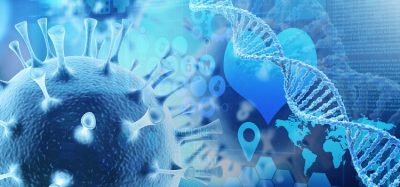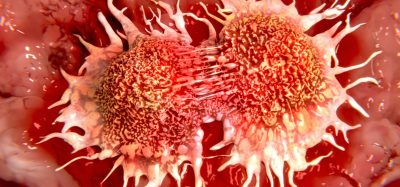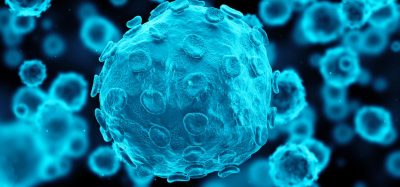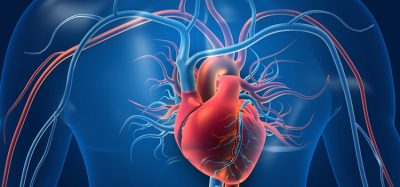Prostate and lung cancers driven by common mechanisms
Posted: 5 October 2018 | Iqra Farooq (Drug Target Review) | No comments yet
Lung and prostate small cell carcinomas are driven by common mechanisms, which could lead to the development of one treatment for all small cell cancers…
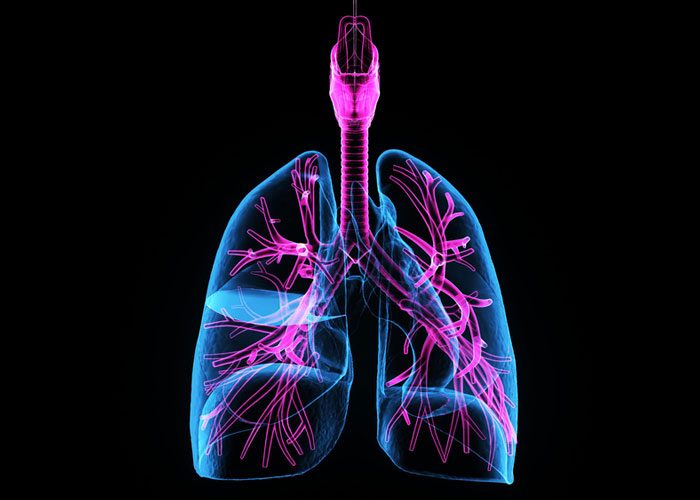
Researchers at the University of California – Los Angeles have discovered a process in the development of late-stage, small cell cancers of both the prostate and the lungs.
The team found that both lung and prostate cells have differing patterns of gene expression when healthy, however when they develop into small cell cancer they show almost identical patterns.
This suggests that that different types of small cell tumours evolve in similar ways, despite coming from different organs.
They study was led by Professor of microbiology, immunology and molecular genetics, Dr Owen Witte, the founding director of the UCLA Eli and Edythe Broad Centre of Regenerative Medicine and Stem Cell Research.
He collaborated with scientists from UCLA’s Crump Institute for Molecular Imaging and the UCLA Jonsson Comprehensive Cancer Centre.
“Small cell cancers of the lung, prostate, bladder, and other tissues were long thought to be similar in name alone – and they were treated by oncologists as different entities,” Prof Witte said.
“Over the past few years, though, researchers have increasingly begun to realize that there are similarities in the cancers, and that’s what our work confirms.”
Human prostate cells with five genes, collectively known as PARCB, were transplanted into mice. As the cells grew in the mice they displayed unique features of human small cell neuroendocrine carcinomas.
For these to develop in the prostate, two tumour suppressor genes, TP53 and RB1 had to be simultaneously inactivated when PARCB was introduced.
“The similarities between the PARCB-SCNC cancers and human small cell prostate cancer samples were extraordinary,” Prof Witte said. “If you blindly gave the data sets to any statistician, they would think they were the same cells.”
The researchers suggest that these findings could lead to the development of drugs to treat both prostate and lung cancers, as well as other small cell cancers of other organs.
The team is now working on mapping the genes which control the events that underlie the transition from healthy cell to small cell cancer.
The study was published in the journal Science.
Related topics
Disease Research, Drug Discovery, Drug Targets, Research & Development
Related conditions
Cancer, lung cancaer, prostrate cancer
Related organisations
UCLA Jonsson Comprehensive Cancer Centre, UCLA's Crump Institute for Molecular Imaging, University of California - Los Angeles
Related people
Dr Owen Witte



